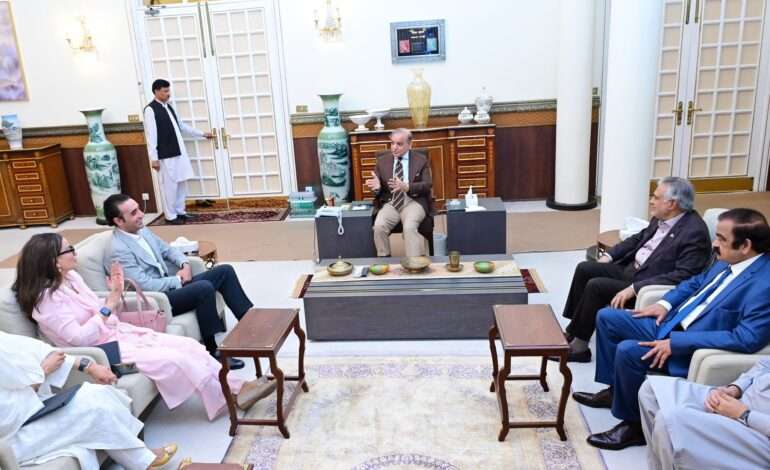
Operation Sindoor puts diplomatic pressure on Pakistan
As India’s global diplomatic offensive under Operation Sindoor gains momentum, Pakistan appears increasingly rattled. Prime Minister Shehbaz Sharif is set to embark on a six-day diplomatic visit to four “friendly” nations — Turkey, Iran, Azerbaijan, and Tajikistan — starting Sunday. Meanwhile, the Bilawal Bhutto Zardari-led delegation, assigned to present Islamabad’s case globally, remains inactive at home.
India’s seven all-party parliamentary delegations are currently visiting key global capitals — from Tokyo and Moscow to Abu Dhabi and Guyana — carrying New Delhi’s message of zero tolerance for terrorism. These teams are actively engaging with top leaders and diaspora communities, exposing Pakistan’s role in cross-border terrorism and terror financing.
The diplomatic pressure is mounting. Countries like Russia, Japan, and the UAE have not only condemned the April 22 Pahalgam terror attack but also expressed support for India’s stance on terrorism.
External Affairs Minister S. Jaishankar further reinforced India’s position during his visit to the Netherlands, Denmark, and Germany, engaging in high-level meetings and bolstering India’s anti-terror narrative.
In contrast, Pakistan’s efforts appear sluggish and reactive. Islamabad announced that Bilawal Bhutto would lead a diplomatic campaign to counter India’s outreach — a move already being mocked as another “copycat” attempt, following previous failed imitations of India’s Operation Sindoor briefings and PM Modi’s military outreach.
Facing criticism at home and abroad, including from opposition leader Imran Khan, Sharif and Army Chief General Asim Munir — recently and controversially promoted to Field Marshal — now find themselves scrambling to regain narrative control.
Sharif held a high-level meeting with Bilawal, former ministers Hina Rabbani Khar and Sherry Rehman, and other officials to discuss their delayed response. However, analysts and citizens alike view Pakistan’s efforts as too little, too late, especially against the backdrop of India’s fast-moving and globally supported campaign.